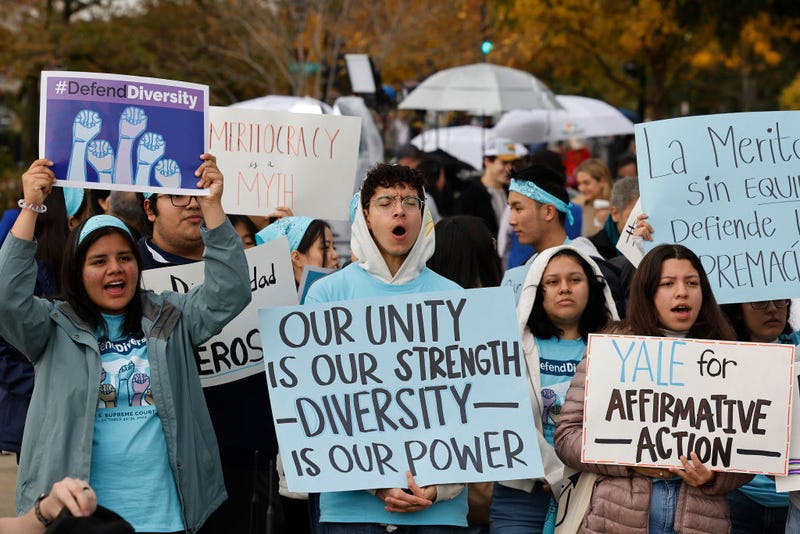
Colleges and universities nationwide will now have to revamp their longstanding admissions policies following a ruling by the U.S. Supreme Court today that eliminates using race as a factor.
The court has struck down affirmative action in college admissions, saying race can no longer be used when deciding what students to admit.
University of Minnesota law professor Timothy Johnson shared with News Talk 830 WCCO’s Adam and Jordana that the ruling wipes out decades of how institutions did business.
Johnson shared that for decades universities have taken a wide array of factors into account when deciding who to admit and that race was one of several but never the main factor.
“Universities could take race into account in the same way that they might take into account whether you are a legacy student, that is, your parents or one of your parents had gone to that university. Whether you are a good athlete or good musician,” Johnson said. “Race was just another one of those factors, and today race has to be taken off that list.”
The court ruled on the case in a 6-3 vote, with the conservative justices ruling in favor of ending the practices and the liberal justices in favor of keeping it.
The practice was challenged by a conservative advocacy group that asked the justices to reverse the decades-old precedent.
The group argued that the policies discriminated against Asian-American applicants in two cases, Students for Fair Admissions v. University of North Carolina and Students for Fair Admissions v. Harvard.
While the universities argued that race is one factor among many used in a holistic assessment of a student’s application, it will no longer be allowed to play a role in student admissions.
But not every university in the U.S. will be affected by this, as Johnson says the court hasn’t thrown out affirmative action in college admissions altogether.
Johnson says race can still be a factor, but only in a very specific way.
“There’s one interesting footnote, and that is that the military academies in this country are exempt from this decision,” Johnson said. “The reason the chief justice said they’re exempt is that the court actually believes… that diversity is probably quite important to make sure that our military is as strong as humanly possible.”


